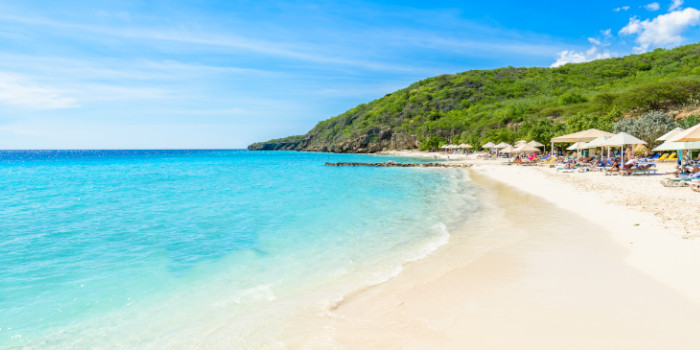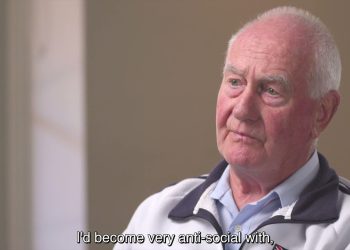The specifics of gambling regulations can vary significantly from one jurisdiction to another. However, all well-regulated gambling markets follow certain common mandates relating to anti-money laundering (AML), counteracting financing of terrorism, and various other potential crimes that could impact the gambling industry. One such jurisdiction aiming to reinforce its regulatory framework and introduce considerable changes into its gambling sector, encompassing heightened standards and enhanced player safeguarding, is Curaçao.
Such alterations form part of the territory’s ambitious National Gambling Ordinance (LOK) plan, expected to kick in starting from September 1, 2023. As revealed by iGaming Next, a grace period of one year will be granted to Curaçao master license holders for the successful application of the updated gambling regulations.
Under the prevailing rules, gambling outlets can obtain a sub-license to function in Curaçao from any of the four existing master license holders. Regardless, the intended overhaul of the sector aspires to revise this licensing approach, insisting on operators’ compliance with the norms and facilitating an understandable and straightforward process for all.
Even with the sweeping modifications that the implementation of the LOK will bring, Curaçao anticipates the uninterrupted operation of the master and sub-license holders throughout the transition. As part of the process, the master licensees will experience a seamless shift to the amended regulations. On the other hand, sub-license holders will be provided a temporary phase in which they can submit their applications for a fresh license in line with the LOK.
Anticipating Rapid Transformations Within the Gambling Sphere
Sixienne Jansen, a legal adviser from Curaçao’s Ministry of Finance, expressed her views recently at iGB Live in Amsterdam. Jansen acknowledged the ongoing conjecture surrounding the status of the master licenses and explained that after the enforcement of the LOK, sub-licensees would be accorded a span of nine months during which they can operate unhindered. However, she also mentioned that operators uninterested in the transition towards the new regulations would be permitted to operate until their master license expires. She emphasized the need for licensees to comply with the stringent standards involving responsible gambling and AML embedded in the new regulations.
As an integral part of the Netherlands, Curaçao has been urged by the Dutch government to toughen its gambling regulations. Ultimately, these enhancements aim to guarantee that operators within this jurisdiction adhere to global standards that promote effective measures against money laundering while concurrently ensuring customer protection.







